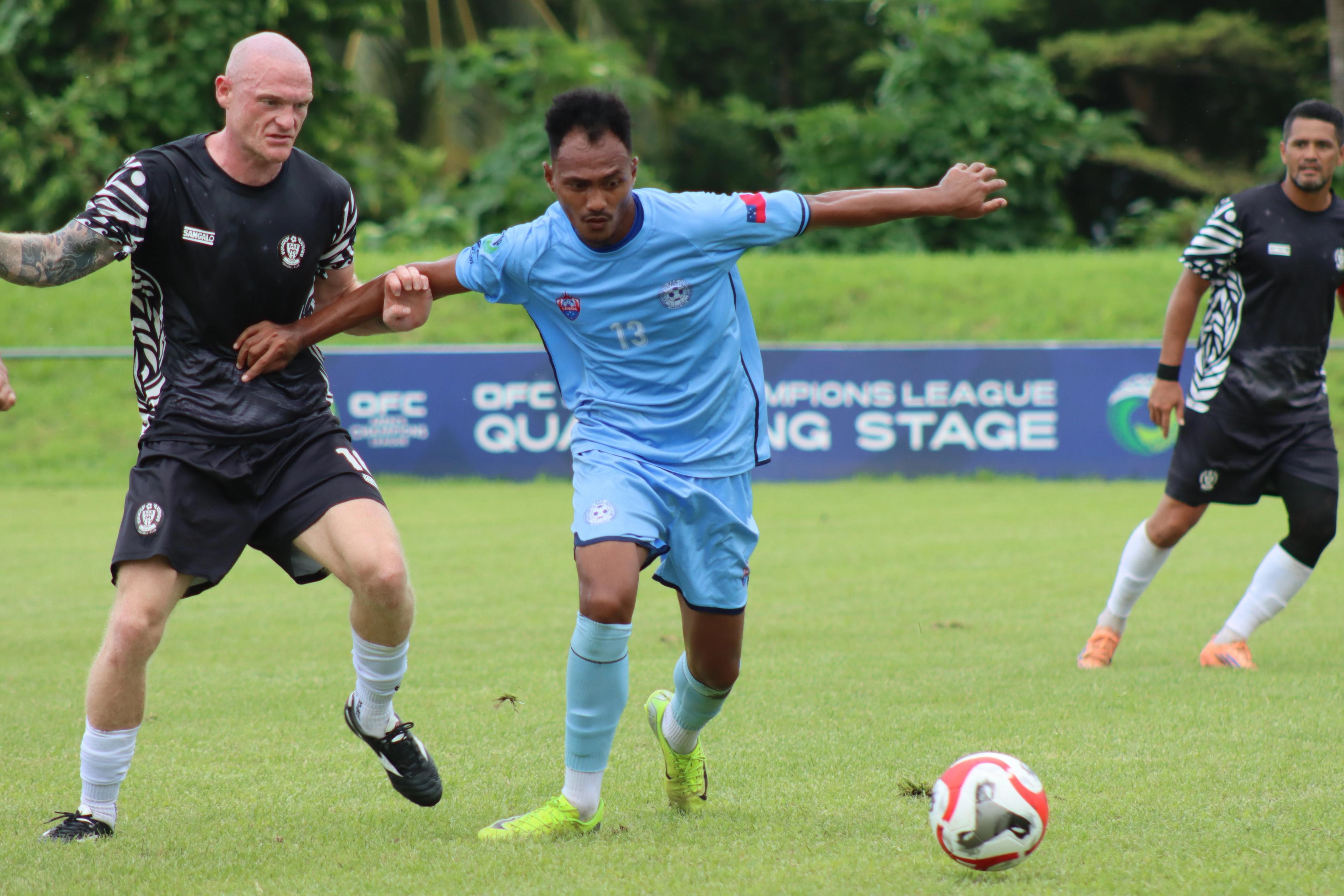

Rotuma Language Week is celebrated from 11-18 May, with Rotuma Day marked on 13 May.
Photo/MPP
From Siria to Aotearoa: Rotuma Islanders honour heritage, culture and identity
As part of Gasav Ne Fäeag Rotuạm Ta - Rotuma Language Week - thousands of Rotumans across the world marked 144 years of the remote tiny island's cession to the United Kingdom in 1881.


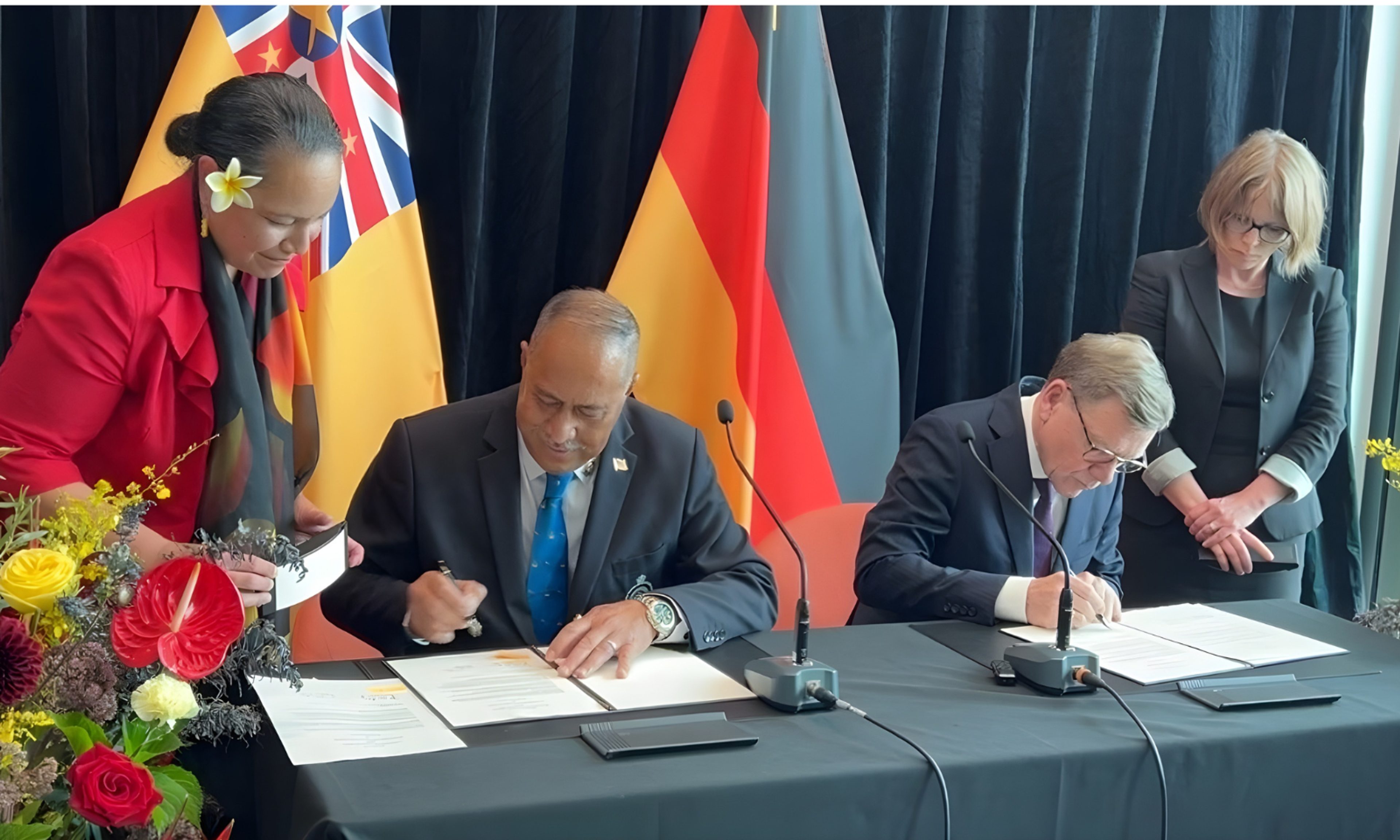

Fiji PM signals possible resignation after court rules anti-corruption chief dismissal unlawful

‘Treat us with dignity’: Pacific visa fight returns to Parliament


Pacific drama in Sāmoa as late twists keep Oceania dream alive


Fiji PM signals possible resignation after court rules anti-corruption chief dismissal unlawful

‘Treat us with dignity’: Pacific visa fight returns to Parliament
It’s Rotuma Language Week, and this year's theme is about valuing and sharing the Rotuman language and culture.
The theme highlights the importance of these cultural treasures that we all receive as gifts from God.
Rotuma is a group of volcanic islands located about 650 kilometres north-northwest of Fiji. It has been a dependency of Fiji since 1881 and was originally known as Siria, named after the bright star that shines directly above it. The people of Rotuma have a strong spiritual connection to this star.
Despite having a small population of around 2000, Rotumans around the world continue to have a significant impact. Those living overseas feel a strong connection to their homeland, and they celebrate Rotuma Day on 13 May each year to honour their heritage.
Dr Ofa Dewes MNZM is a prominent member of the Rotuman community living in Aotearoa New Zealand, where fewer than 1000 Rotumans reside.
She has been recognised for her contributions to health and the Pacific community and received a New Zealand Order of Merit award in 2023.
She is also a Senior Research Fellow at the Centre of Methods and Policy Application in the Social Sciences (COMPASS) at the University of Auckland. She represents Papatoetoe as a member of the Ōtara-Papatoetoe Local Board.
Dewes was born and raised in Suva, Fiji, and has roots in Rotuma, Tonga, and Tuvalu, as well as ties to Ngāti Porou. Her research focuses on health issues, particularly obesity among Pacific high school students, and explores how community organisations, including the church, can help prevent this problem.
Dewes works with various research teams to improve health outcomes for Pacific people and aims to continue her research in the fields of health and humanities.
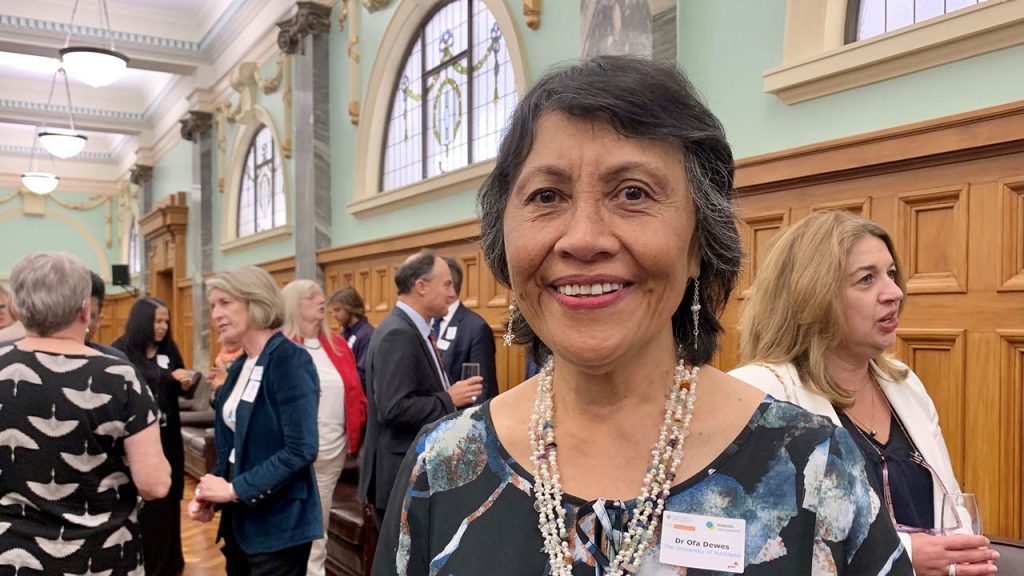
Dr Ofa Dewes is a Senior Research Fellow at the Centre of Methods and Policy Application in the Social Sciences (COMPASS). Photo/RNZ Pacific/Dominic Godfrey
Commitment to language preservation
Duane Leo is another passionate individual dedicated to preserving Rotuman culture through language and tradition.
An alumnus of the University of Auckland, Leo is the national secretary for the New Zealand Public Service Association. His recent visit to Rotuma with family deepened his appreciation for his heritage.
“I am the eldest le’e (child) of Basil Mosese Pasirio Leo, from the village of Motusa in the district of I’tutliu, Rotuma,” he says in a statement.
“Being Rotuman is part of my identity - it forms the foundation that shapes my worldview and connects me to my family, history, culture, religion, and language.”
Leo believes that being Rotuman is a core part of his identity, connecting him to his family, culture, and language. He is committed to passing down this cultural legacy to his children by giving them family names and bringing them back to participate in traditional ceremonies, such as the mamasa, which welcomes family members home.
“This includes giving my children kaunohoga (family) names and taking them back home to experience a mamasa ceremony.”
The mamasa is a traditional “welcoming home” ceremony that dates back to the time of Leo’s Rotuman ancestors, who would spend long days at sea fishing. Today, it remains a powerful symbol of return, belonging and cultural continuity.
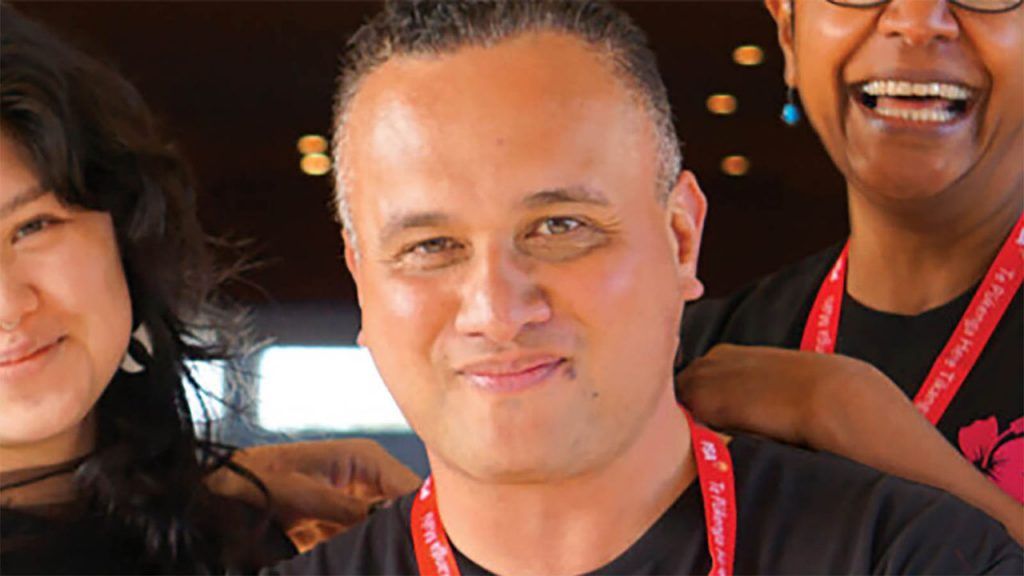
University of Auckland alumnus Duane Leo is committed to preserving and revitalising the Rotuman language. Photo/UoA
Weeklong activities
The New Zealand Rotuman Collective is showcasing the unique culture and language of the Rotuman people through a week of themed activities, which commenced on Mother's Day on Sunday, 11 May.
Chairperson Rachael Mario says each day features different themes focused on key social justice issues and cultural engagement, including Mother's Day, community involvement, and health and wellbeing.
“Each day will showcase the unique and beautiful language and culture of people who originate from the idyllic Pacific Island of Rotuma," she says.
“Each day of the week has been allocated a different theme, with the elders, youth, children, community, and religious leaders hosting their days."
Mario says the week culminates in an Ethnic Festival on 18 May, featuring traditional performances that emphasise the importance of language and identity, especially for migrant communities, and aims to strengthen connections with Māori culture. The chief guest is MP for Mt Roskill Dr Carlos Cheung.
Mario adds that the theme this year encourages the preservation of the Rotuman language as a vital part of heritage.
“It is extremely important for our migrant communities to connect with Maori as people of this land and be aware of colonisation and displacement. This will also help Rotuman people understand our colonisation by the British and Fiji."
Watch the celebrations kick off on Rotuma Island.
Sunday 11 May - Church service, led by members of the Kingsland Rotuman Methodist Congregation, to launch the weeklong event and honour mothers.
Monday - Community engagement day.
Tuesday - Rotuma Day celebrations, decolonisation, and Pasifika People’s advocacy for social justice gathering.
Wednesday - Seniors Health and Wellbeing with Hula Fit exercise, Lunch.
Thursday - Cultural Art Classes.
Friday - Children’s Day: La’ri’ri’i jump jam. Serving our communities by the youth (distribution of food parcels.
Sunday - Ethnic Festival showcasing Rotuman dances and culture.
The Rotuman language is listed on the UNESCO List of Endangered Languages as "Definitely Endangered".
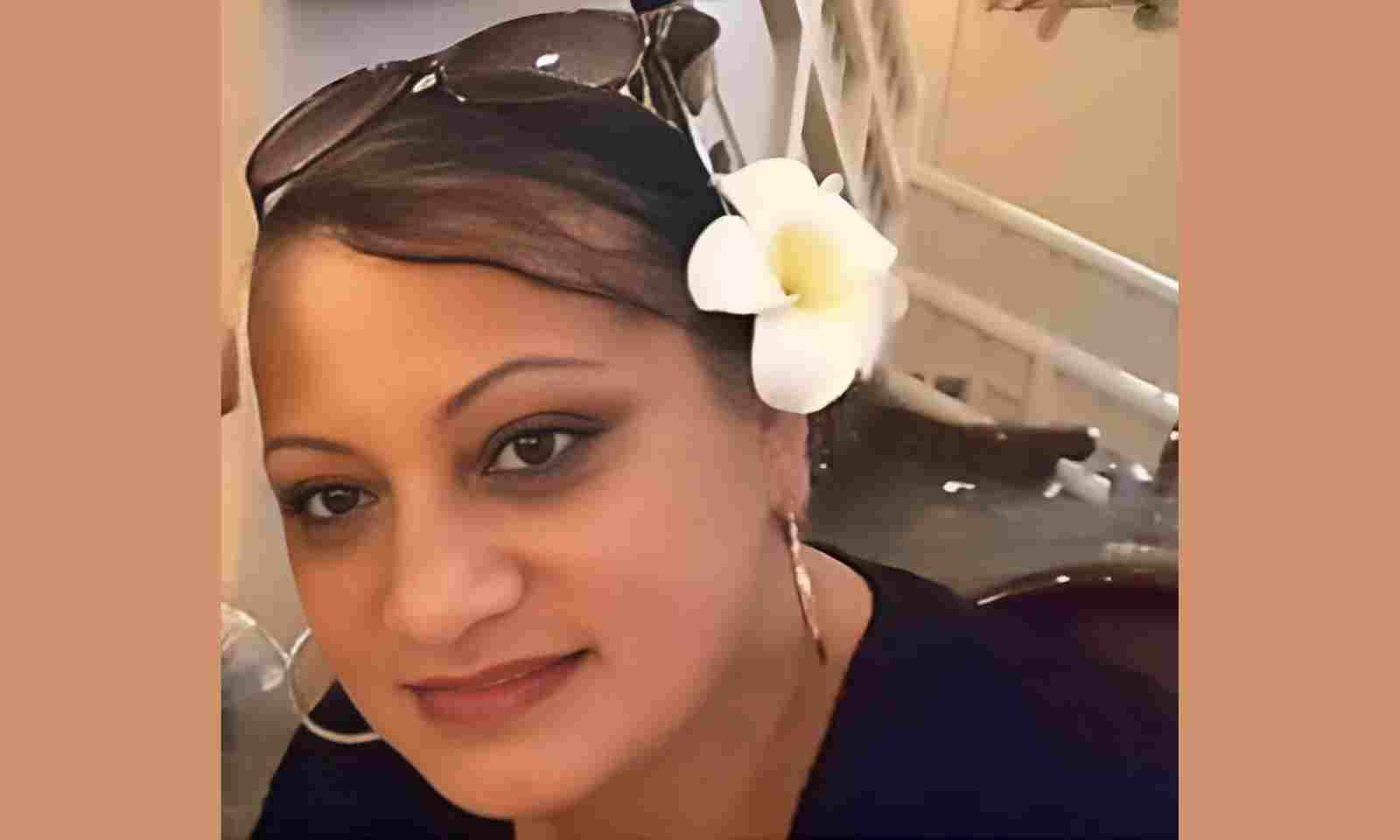
“Language is what makes us who we are, and is part of our culture and identity, and it is our duty to preserve this invaluable taonga,” says Rachael Mario. Photo/file
“Language is what makes us who we are, and is part of our culture and identity, and it is our duty to preserve this invaluable taonga,” Mario says. “We invite everyone to come and join us and celebrate being Rotuman. It has not been easy for our community to keep our language alive in Aotearoa. We pay tribute to our elders and leaders, who for the last 40 years, have continued to celebrate our culture in New Zealand, and for helping keep our customs and traditions relevant."
Rotuman – a unique language
The Rotuman language is unique. As a Rotuman, I can attest to this. I am fortunate to be able to speak it fluently. Unlike Fijian, the Rotuman language shares more similarities with other Polynesian languages, such as those from Tahiti, Tonga, Uvea, and Futuna.
Rotuma's geographical isolation has contributed to the development of its distinctive language, which features 10 vowels, each with unique sounds that distinguish it from other Pacific languages. They are: A, Ä, Å, Ḁ, E, I, Ö, O, Ü, and U. Along with the macron, the five basic vowels and their five variations produce sounds not found in any other Pacific language.
Here are some fun facts about Rotuma:
Although Rotuma is politically part of Fiji, its people are ethnically Polynesian.
The islands are fertile and lush, making them ideal for growing local food staples such as taro, yams, and bananas.
Depending on which folklore you prefer, the first settlers are believed to have come from places like Sāmoa, Tahiti and the Marquesas Islands.
Rotuma was once thought to be a royal burial ground for the kings and queens of Tahiti and Rapa Nui.
There are around 981 Rotumans in New Zealand who actively practice their language to pass it on to future generations.
Rotuma is also a vital habitat for various bird species, including some that are at risk of extinction.
Rotuma also played an important role as a stopping point for ancient Pacific navigators during their voyages.
Watch Cook Islands-Rotuman TeRito Peyroux-Semu share her language and cultural journey on PMN Cook Islands below.